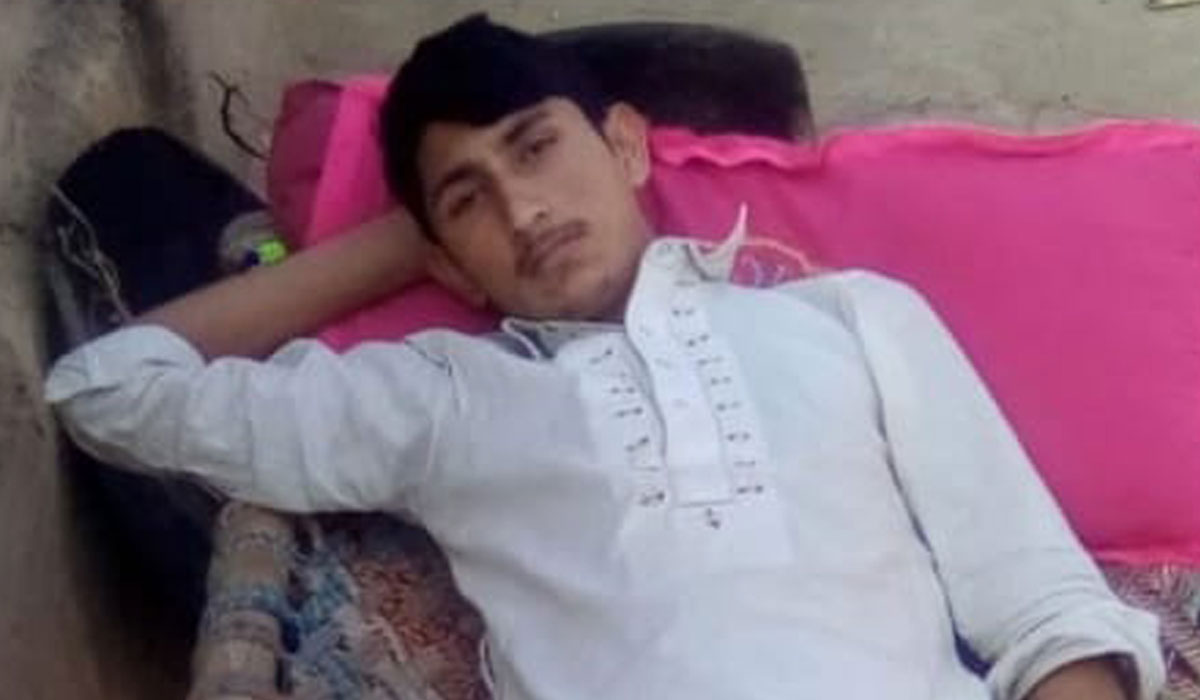Sir Ganga Ram Hospital in Lahore, Pakistan, recently admitted Tanveer in their emergency ward. He was a 22-year-old man from a remote village in southern Punjab—with no known diagnosis of hemophilia. He was suffering from a serious leg wound caused by an animal bite. Tanveer had been incorrectly treated in his village, and by the time he went to the hospital, the wound had become infected, and he had an inflammation in one of his bones.
The hospital team decided that the only course of action was to amputate the leg below the knee. Fortunately, because of a strong relationship between the hospital and the Lahore hemophilia treatment centre (HTC), physicians knew to test Tanveer for a bleeding disorder during the pre-op work, and he was diagnosed with hemophilia B. He was given factor IX donated by the WFH Humanitarian Aid Program during his surgery which controlled the bleeding and allowed his physician to successfully complete the procedure.
The WFH Humanitarian Aid Program has been active in Pakistan for many years, and has provided healthcare practitioners (HCPs) and other stakeholders with the kind of education and training that saved Tanveer’s life. Simply put, if physicians at Sir Ganga Ram Hospital had not requested hemophilia testing, and if he had not received factor, Tanveer would probably have died after the operation. Encouraging as this is, the fact that Tanveer was only diagnosed after 22 years—and likely suffered hardship because of his undiagnosed condition—is proof that there is more to be done. That’s why the WFH, and our team of regional managers, will continue to work to expand outreach and identification efforts through close collaborating with our national member organizations (NMOs) and hemophilia treatment centres (HTCs).
Nearly 9.5 million IUs of factor, and over 100,000 ml of non-replacement factor therapy were donated to Pakistan through the WFH Humanitarian Aid Program in 2021. Since 2015, almost 50 million IUs of factor were donated to Pakistan. To find out more about the WFH Humanitarian Program, please click here.
About the WFH Humanitarian Aid Program
The WFH Humanitarian Aid Program improves the lack of access to care and treatment by providing much-needed support for people with inherited bleeding disorders in developing countries. By providing patients with a more predictable and sustainable flow of humanitarian aid donations, the WFH Humanitarian Aid Program makes it possible for patients to receive consistent and reliable access to treatment and care. None of this would be possible without the generous support of Sanofi and Sobi, our Founding Visionary Contributors; Bayer, CSL Behring and Roche, our Visionary Contributors; Grifols, our Leadership Contributor; and Takeda, our Contributor. To learn more about the WFH Humanitarian Aid Program, visit www.treatmentforall.org













